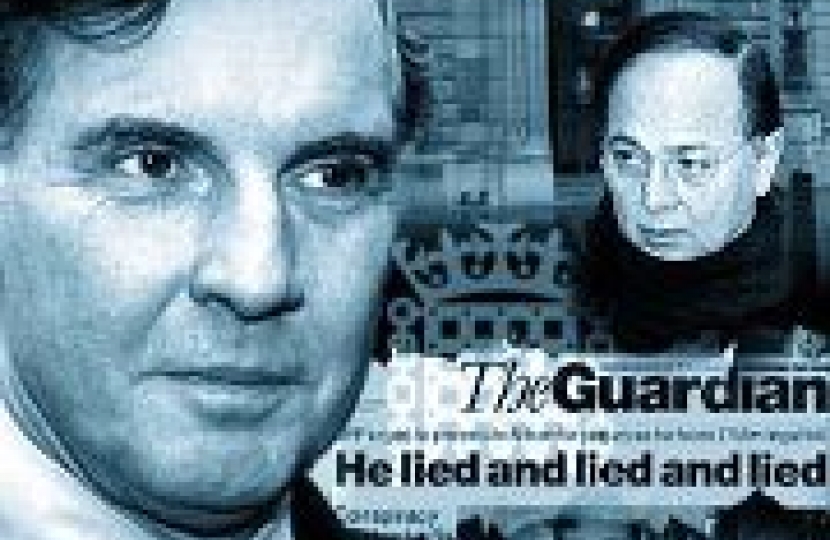
To the atmospheric Victorian Gothic St Stephen’s Church Rosslyn Hill for ‘A Night Of Pride & Perjury’ with ex-MP Jonathan Aitken and Curtis Blanc, a young black ambassador for the Prince’s Trust. The event was organised by the Belsize Park Conservatives.
Aitken and Blanc had met initially when Aitken visited Brixton prison, where Blanc interviewed him for the prison’s Electric radio station. The interview went on to win a Sony award. The warmth and mutual respect of their relationship was extremely moving: here were two men from such different backgrounds whose worlds had collided and who obviously inspired each other.
Aitken is a mellifluously-voiced Old Etonian and former Conservative Cabinet minister whose political career ended when he told a lie on oath in a libel action. Subsequently he pleaded guilty to charges of perjury and served a seven-month prison sentence in 1999. He told us that he is the only Cabinet minister in modern history to have been imprisoned. Blanc came from a single-parent family and, pre-prison, combined drug-dealing with youth work, hoping to keep the two separate. Both men found incarceration a truly life-changing and positive experience: Aitken found God; read and wrote letters for illiterate fellow prisoners and became interested in prison reform whilst Blanc first did Level 2 Literacy and Numeracy and then became involved in prison radio.
The two men told us about prison life: Aitken said that prison was colour-blind and class-blind, and to the other prisoners he was just someone else with a funny accent. He also told us how he was in demand every night to read and write letters for other prisoners: apparently at least a third of prisoners can’t read or write. Blanc said that as soon as he arrived in prison he knew he had the time and space to turn his life around by learning skills that would help him in the future: he focused on his vocabulary; communication skills and became the first prisoner to gain a diploma in Radio Production.
Questions focused on such topics as how to stop prisoners reoffending. The two men agreed that prisoners needed one-on-one mentoring to help them improve their chances of going straight. Blanc said that teachers, who often find themselves taking on a parenting role, need support to help keep vulnerable young people away from crime and that young men need male role models. Aitken told us how rewarding he found it mentoring young people.
Someone asked the two men how their families coped whilst they were in prison. Aitken replied that a prison sentence is a sentence for the whole family. His wife divorced him and his children suffered a lot. His children visited him and they remained close to him. Some friends vanished, but his close friends stuck by him and some people offered a surprising amount of support. He also made new friends in prison, and met new Christian friends who wanted to pray with him. Blanc told us that his family visited when they could. He ended on the inspiring note that he has taken over the care of his 14 year old brother, and is acting as a father figure to him.
This convivial dialogue between two such different men made for a thought-provoking, inspiring and moving experience.
By Cordelia Feldman



